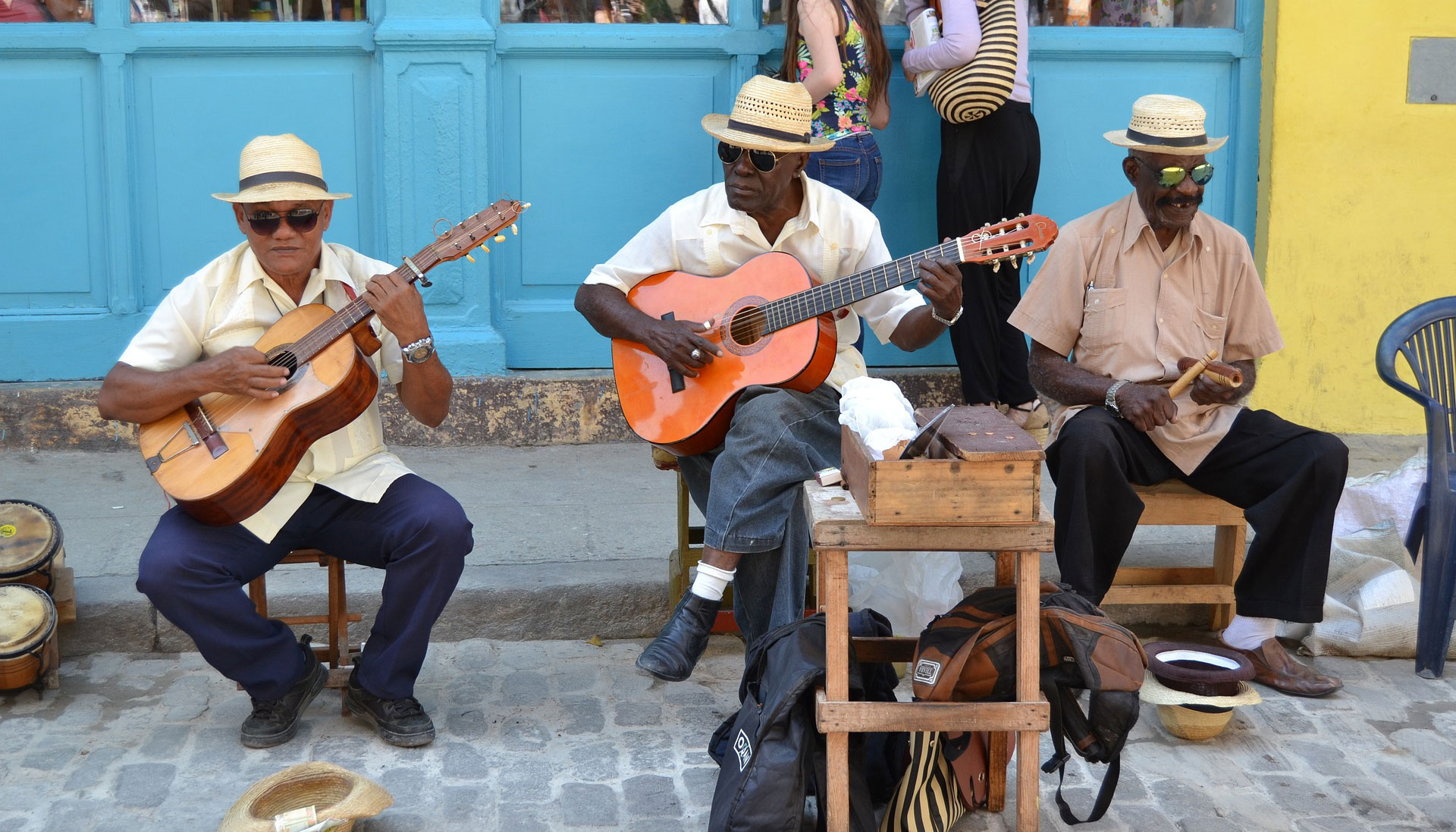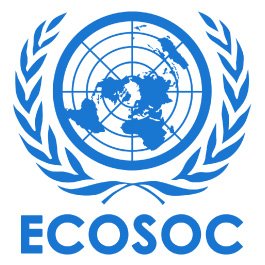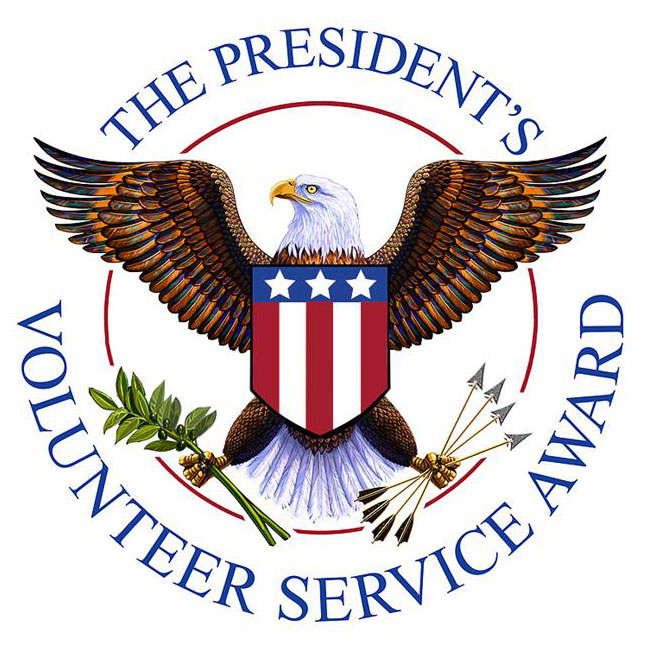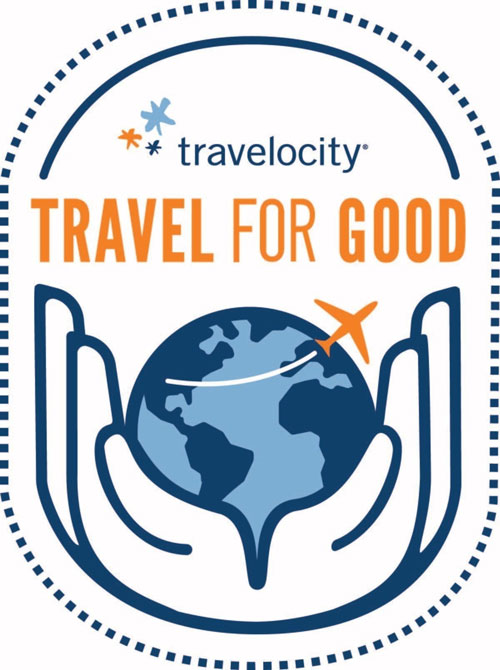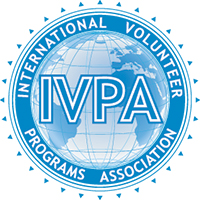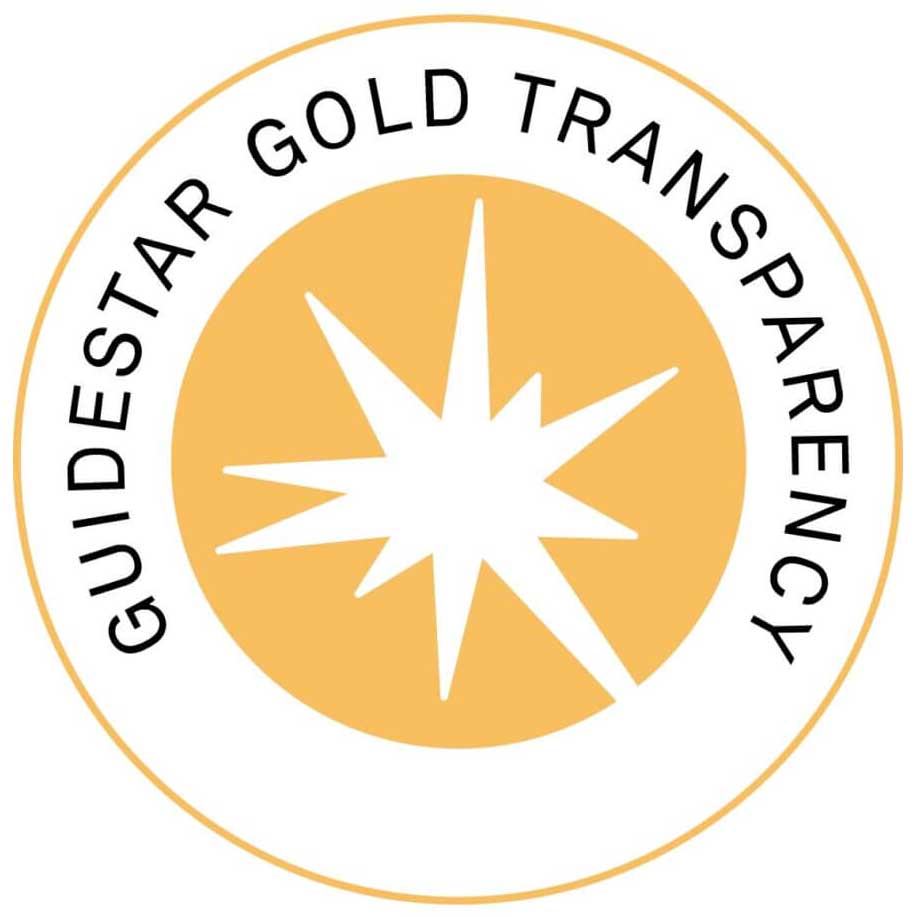Coping with jet lag
If you've ever done any long distance travel, you've probably experienced jet lag and the host of symptoms that accompanies it - dehydration, nausea, swollen feet, fatigue, headaches, dry eyes and disrupted sleep patterns, among others.Jet lag occurs when your body's internal clock - known as the circadian clock - is out of sync with your surroundings. Crossing time zones is the main cause of jet lag, although a number of factors, including cabin pressure, stale air and high altitude also contribute to this unpleasant travel-related condition. International travelers who pass through more than one time zone are especially susceptible to jet lag. Studies show that more than 90 per cent of long distance travelers experience some jet lag symptoms.On long trips, however, travelers should try to adjust to their new time zones as quickly as possible. Although each traveler you talk to may have a personal remedy for treating jet lag, there's no quick cure. Before you try an unproven method to ward off pesky symptoms, consider some of the ways you can prevent it from ruining your next business trip. Remember that you want to adjust to the local time as soon as possible. Therefore if you arrive at 2pm in your destination, and take a nap, you are likely to sleep for several hours and thereby put-off your adjustment to the new time zone. Try as HARD as you can to stay awake until your normal bedtime on the 1st few days. Another common effect of jet lag is that the traveler will wake at 3am and find it extremely difficult to get back to sleep. Explore options for sleep aids with your doctor prior to your trip. Drink water. Prevent dehydration by drinking at least two eight-ounce glasses of water before you get on the plane. And don't forget your H2O once you are in the air. Slip a plastic bottle of water in the seat pocket so you can to drink whenever you're thirsty. And skip the peanuts, pretzels and other salty snacks that can speed up dehydration.Pack sleeping aids. Bring earplugs, eyeshades, a pillow or whatever makes you comfortable, especially on a red-eye flight. Some travelers take melatonin supplements and anti-jet-lag pills, but you may wish to consult with a physician about this. Those who manufacture melatonin recommend that the best way to use it is SEVERAL DAYS*PRIOR* to departure, taking it 1 hour before bed time in the time zone of your destination city {for example if you were going from the east coast to Europe and there was a 7 hour difference, one might take 1.2 mg at 3pm EST for 2 days before departure date}.Sleep. If you will be arriving in the daytime after a multiple hour flight, then sleep is a good idea, so that you are no tempted to take a nap upon arrival. If you're on a night flight, sleep is essential. Take a 30- to 60-minute nap during a morning or afternoon flight to help ward off fatigue. Choose a window seat, and bring a neck pillow if you want to increase your chances of getting uninterrupted rest from nearby travelers needing to cross over you en route to the lavatory.Wear comfortable clothes. To combat the body-swelling effects of low cabin pressure, wear loose-fitting clothing that will keep you comfortable and warm, and will allow you to move around easily. Even if you're running from the airport straight to a meeting, avoid wearing suits, pantyhose or anything that's tight and uncomfortable.Kick off your shoes. Feet tend to swell on long trips, but you can alleviate some pressure by taking off your shoes. Some airlines even distribute slipper-socks.
Avoid alcohol. A drink or two might help you relax on the flight, but it will also aggravate jet lag. Alcohol's effects are two to three times greater when you're in the air, and it dehydrates your body - one of the jet-lag symptoms you want to prevent.
Get up and stretch. When you can, stand up, walk down the aisle and stretch your legs, neck and back. If you have a layover or are changing planes, walk around the airport as much as possible. The exercise will help increase your circulation and prevent your legs and feet from swelling.


